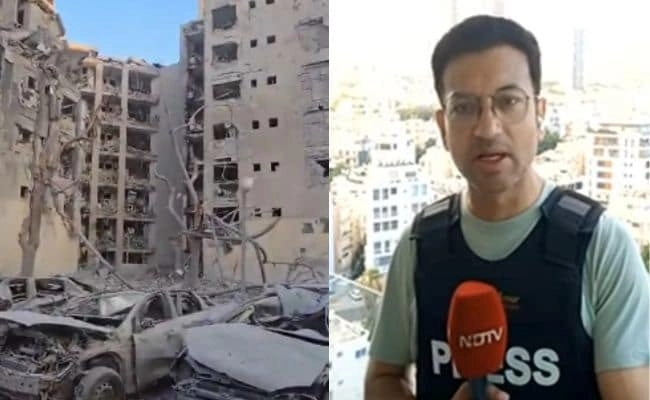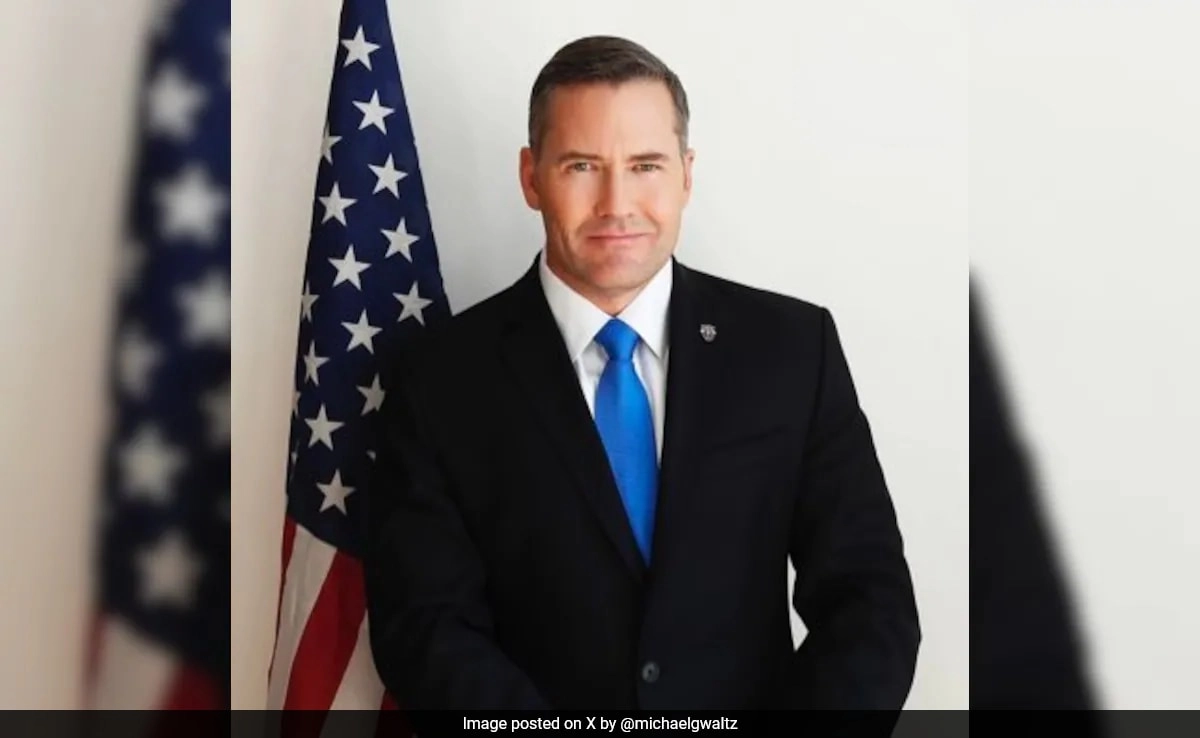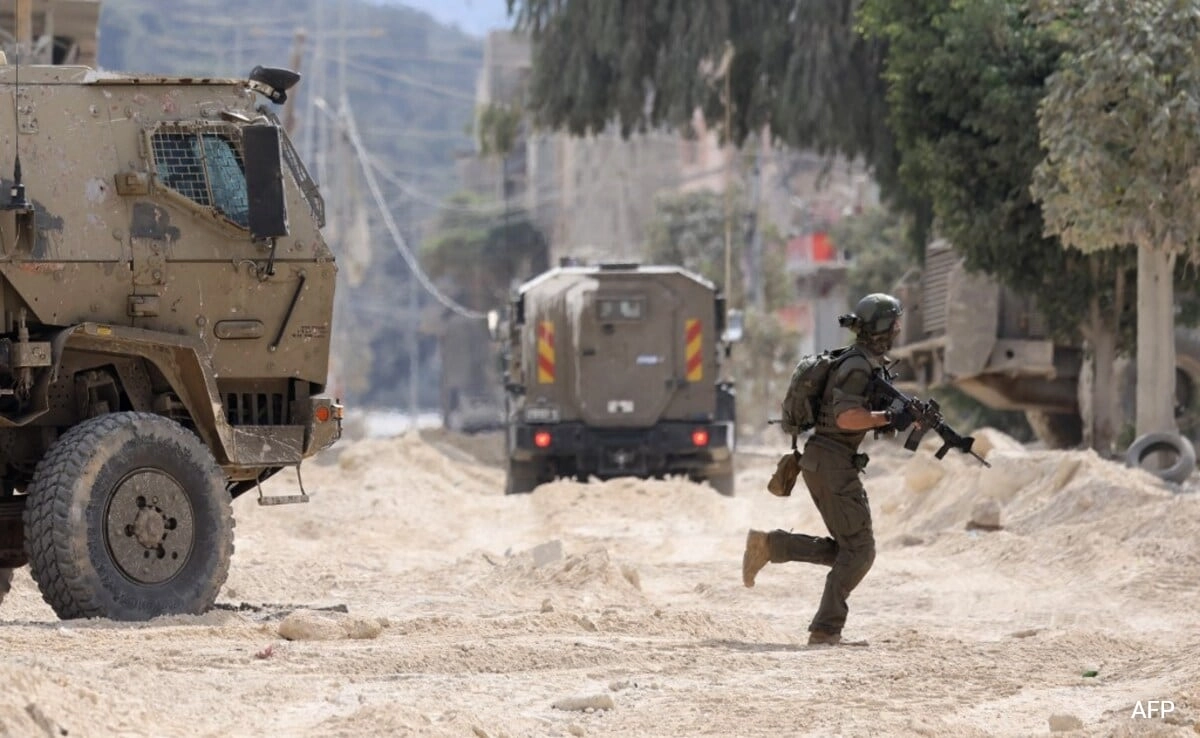In a dramatic escalation of tensions in the Middle East, residents of Tel Aviv experienced a harrowing hour marked by the sound of four air sirens, signaling incoming missile threats from Iran. The situation unfolded rapidly, with sirens blaring intermittently, sending citizens scrambling for safety as they sought shelter in designated areas. The relentless barrage of missile threats served as a stark reminder of the fragile security environment in the region and the ongoing hostilities that have defined the relationship between Israel and its adversaries.
Eyewitness accounts from the ground reveal a palpable sense of fear and uncertainty among the population. Many people reported feeling a deep sense of anxiety as they navigated the chaotic atmosphere created by the alarm signals. Businesses and schools quickly shut down, and families huddled together in reinforced rooms, anxiously awaiting updates from authorities about the nature of the threat. The psychological toll of such incidents cannot be understated, as the constant threat of missile attacks looms large over daily life in cities like Tel Aviv.
As the situation developed, the Israeli defense forces sprang into action, deploying countermeasures aimed at intercepting incoming threats. The Iron Dome, Israel’s advanced missile defense system, played a crucial role in neutralizing some of the incoming missiles, providing a semblance of security amidst the chaos. However, the frequency and intensity of the attacks raised serious concerns about the potential for a broader conflict, with implications that could reverberate throughout the region and beyond. The incident not only highlights the immediate dangers faced by those living in Israel but also underscores the broader geopolitical tensions that continue to shape the landscape of Middle Eastern politics.
In the wake of these alarming events, questions arise about the future of Israeli-Iranian relations and the potential for military escalation. Diplomatic efforts aimed at de-escalation appear increasingly tenuous, with both sides entrenched in their positions. As the international community watches closely, the need for a proactive and comprehensive approach to address the underlying issues driving this conflict becomes more pressing. For the people of Tel Aviv, the reality is one of living under the shadow of uncertainty, where the sirens may sound again at any moment, reminding them of the precarious nature of peace in a region fraught with tension.




